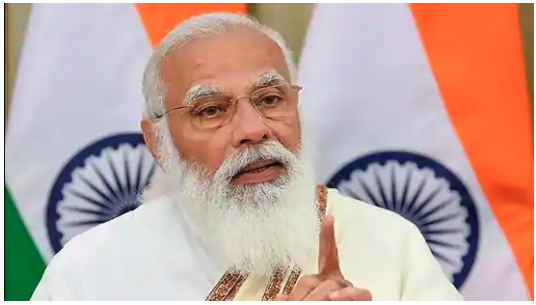With Myanmar witnessing a coup, bringing to an end a period where the military and the democratic forces coexisted in a complex political structure, India is confronting a familiar dilemma
With Myanmar witnessing a coup, bringing to an end a period where the military and the democratic forces coexisted in a complex political structure, India is confronting a familiar dilemma. As a democracy, India’s sympathies naturally lie with a popularly elected system of government, an open society, free speech, and civilian control over military. Its role is underestimated, but, as scholarly work by Constantino Xavier has shown, India has often — without making too much noise about it — promoted democracy in the neighbourhood through active interventions or technical support.
The challenge arises when there is a mismatch between immediate national interests, values, and India’s own power in shaping outcomes. In the case of Myanmar, India shares a critically important relationship with the military — which has been cooperative in helping tackle extremism in the Northeast and is uncomfortable with China’s intrusive presence in its ethnic politics. India also does not have either the tools or the leverage to be able to persuade the military to roll back, or help carve out an inclusive political regime. In this backdrop, Delhi will have little choice but to work the regime in power in Myanmar.
This is, however, a call that needs to be taken depending on the specifics of each case. In Nepal, the alignment between values, interests, and India’s ability to shape outcomes means New Delhi should stand with constitutional democracy, which Prime Minister KP Oli is undermining. In Sri Lanka, the Rajapaksa regime, by withdrawing from an infrastructure agreement with India, has once again shown that besides being authoritarian and exclusivist internally, it is not necessarily receptive to Indian interests externally. This should prompt a rethink in Delhi about its Sri Lanka policy. Or in Bangladesh, the Sheikh Hasina government has been remarkably sensitive to Indian security interests — but its own internal democratic record is weak. This has resulted in Delhi working with Dhaka, at the cost of turning a blind eye to the regime’s excesses. India’s dilemma will only increase because, on one hand, China’s footprint in the region will make Delhi focus on interests, even when its democratic commitment and global partnerships with other democracies will add pressure to focus on values.




